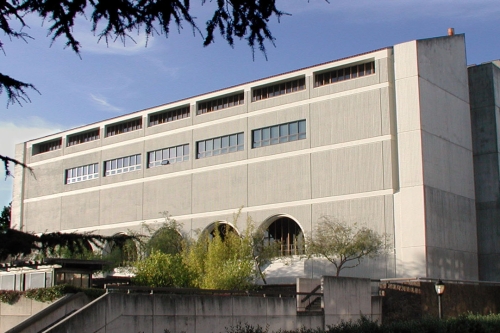The NHERI SimCenter will host a workshop, “Simulation and Data Needs to Support Disaster Recovery Planning,” to engage stakeholders, users, and researchers to exchange ideas about simulation tools, data, and results needed for regional risk assessments. The workshop is on Jan. 30-31, 2020, 8:30-5:30 at UC Berkeley.
The goal is to identify where computational simulation tools, under development by the SimCenter as well as other groups, can support the work of various government agencies and organizations to promote resilience from natural disasters.
Apply to attend & application deadline
There is no registration fee, and attendees who are interested in actively participating are invited to submit an application that provides a summary of their background and research interests. The preliminary program agenda includes the application. Through support from NSF, travel and lodging support can be offered to a limited number of participants.
The workshop has a limited number of openings for participants. Deadline for application is December 15, and notification of accepted applicants will be issued the following week.
Format and Program
During the two-day workshop, core sessions will be followed by breakout sessions organized by hazard (earthquake, wind, water) or participant role (policy, engineering broad perspective, modeling details). A reconvening plenary will enable participants to share and synthesize breakout discussions. Plenary core session topics are the following:
Session I: Connecting to Stakeholders
Application Frameworks for Regional Simulation
Session II: Connecting Across Hazards
Synergies in Regional Simulation
Session III: Connecting Across Disciplines
Interdisciplinary Collaboration
Session IV: Data Sources
Data Needs and Harvesting Opportunities
This workshop is targeted to stakeholders who develop policies, professional engineers interested in the broad perspective, and analysis and developers interested in modeling details. Perspectives from the academic/researcher or practitioner point of view with regional recovery from earthquake, wind, or water events would be beneficial.

